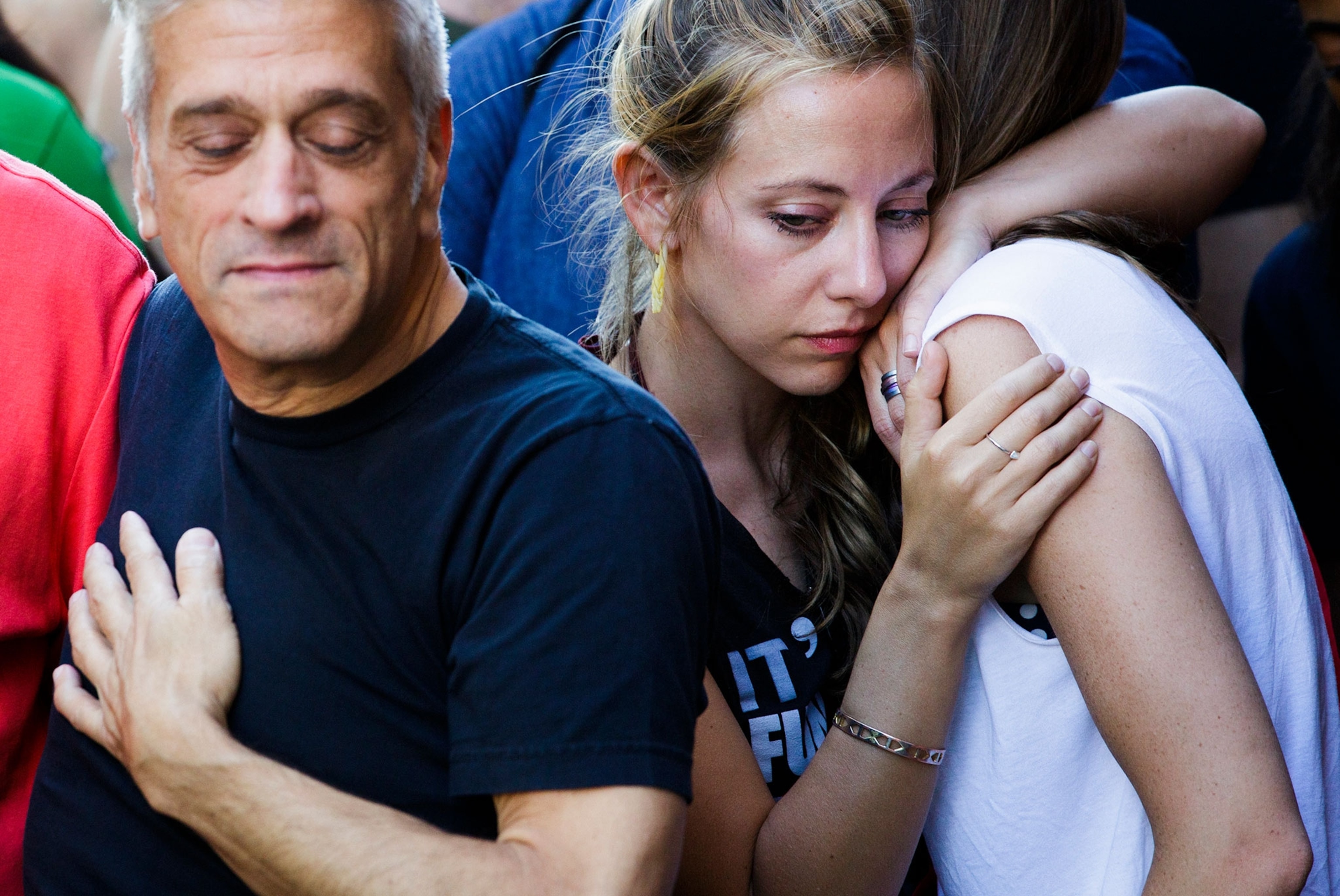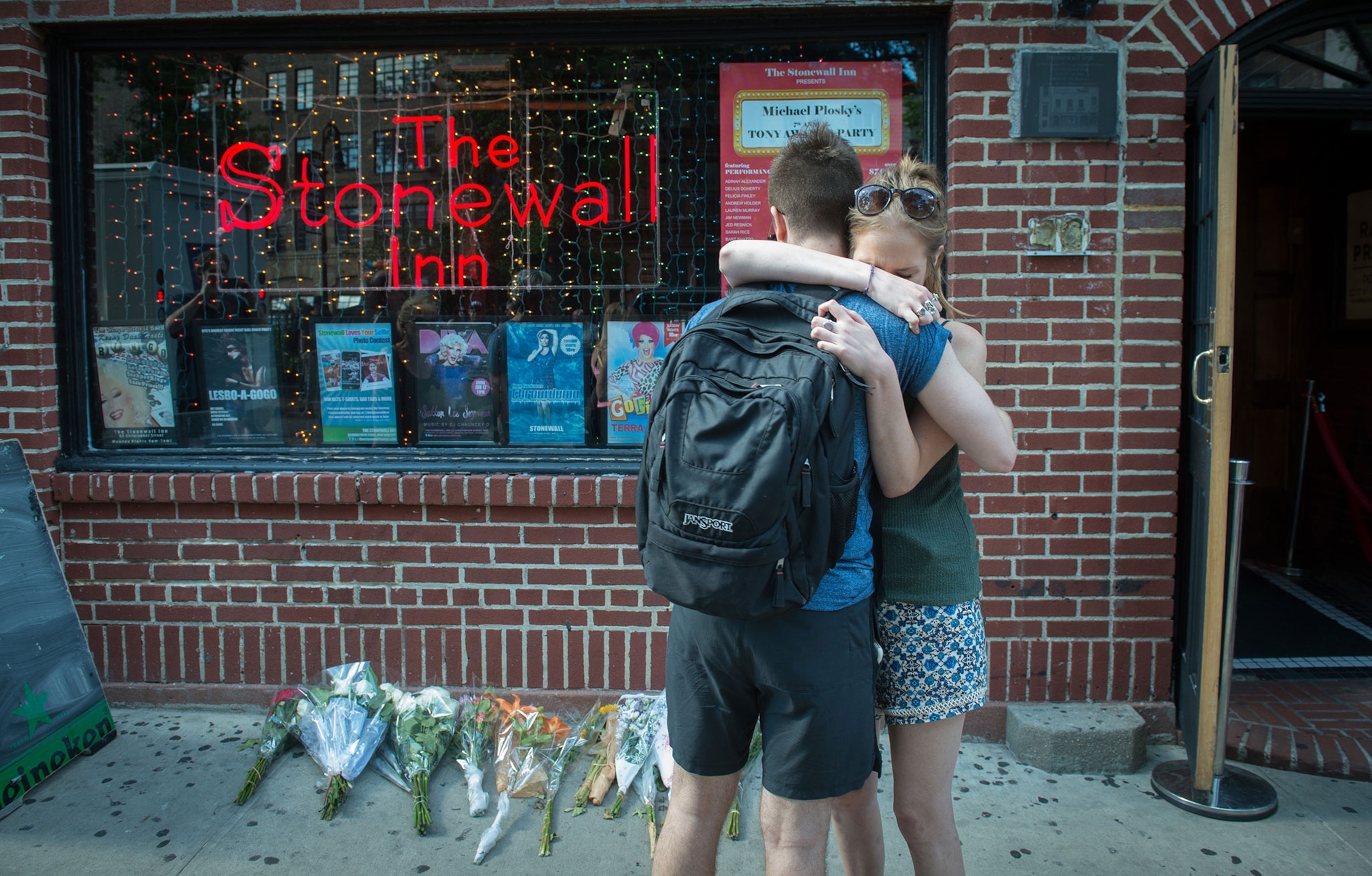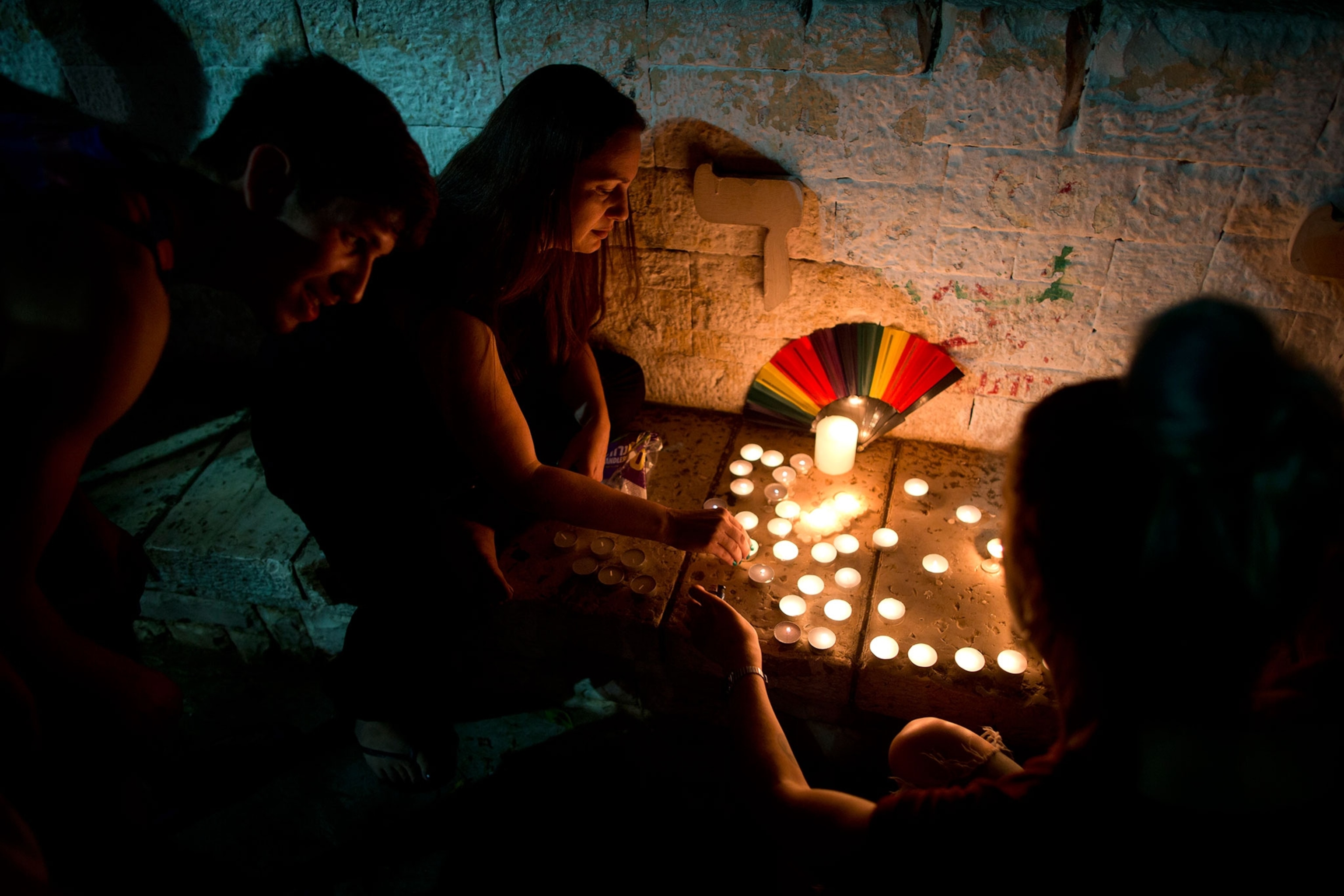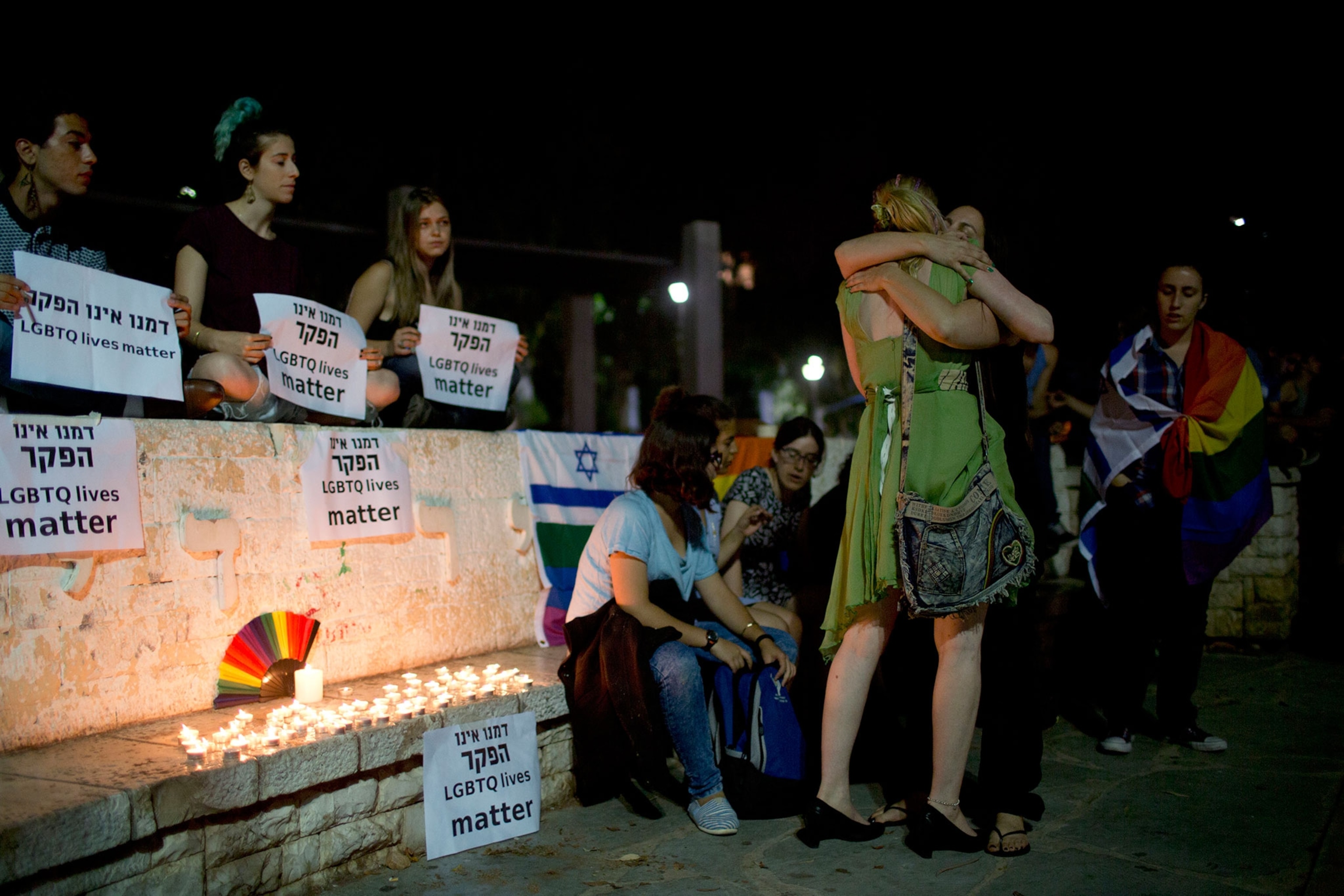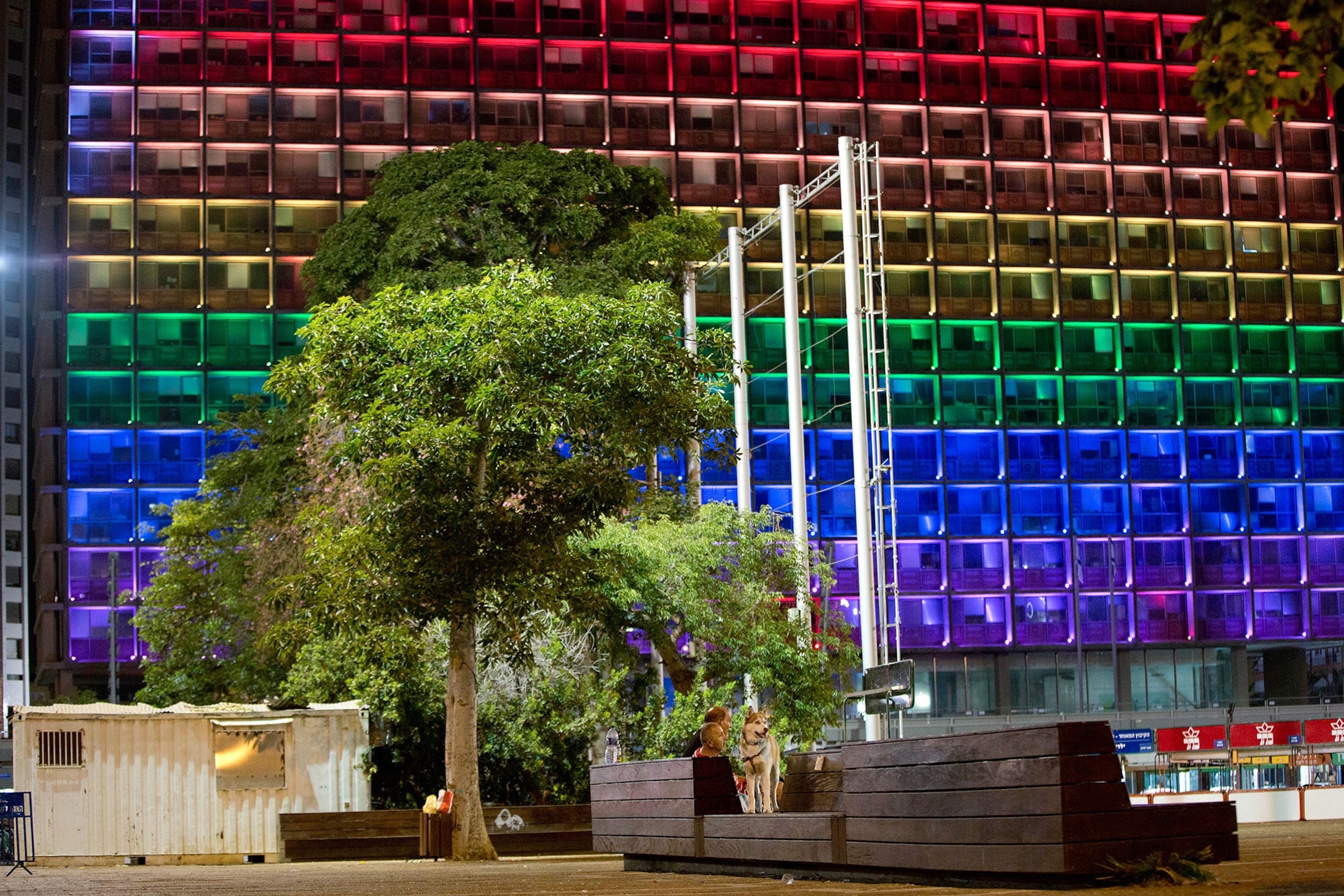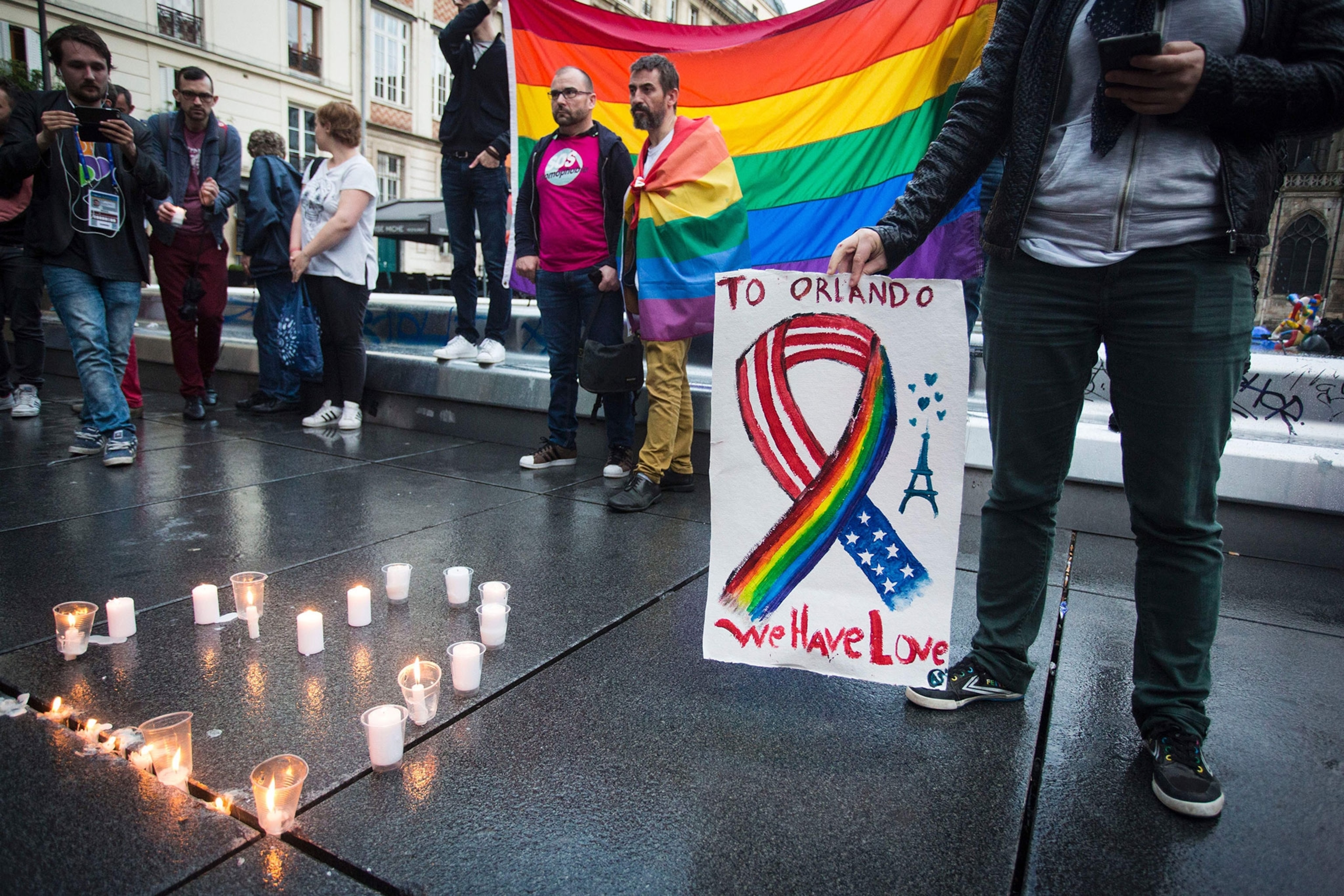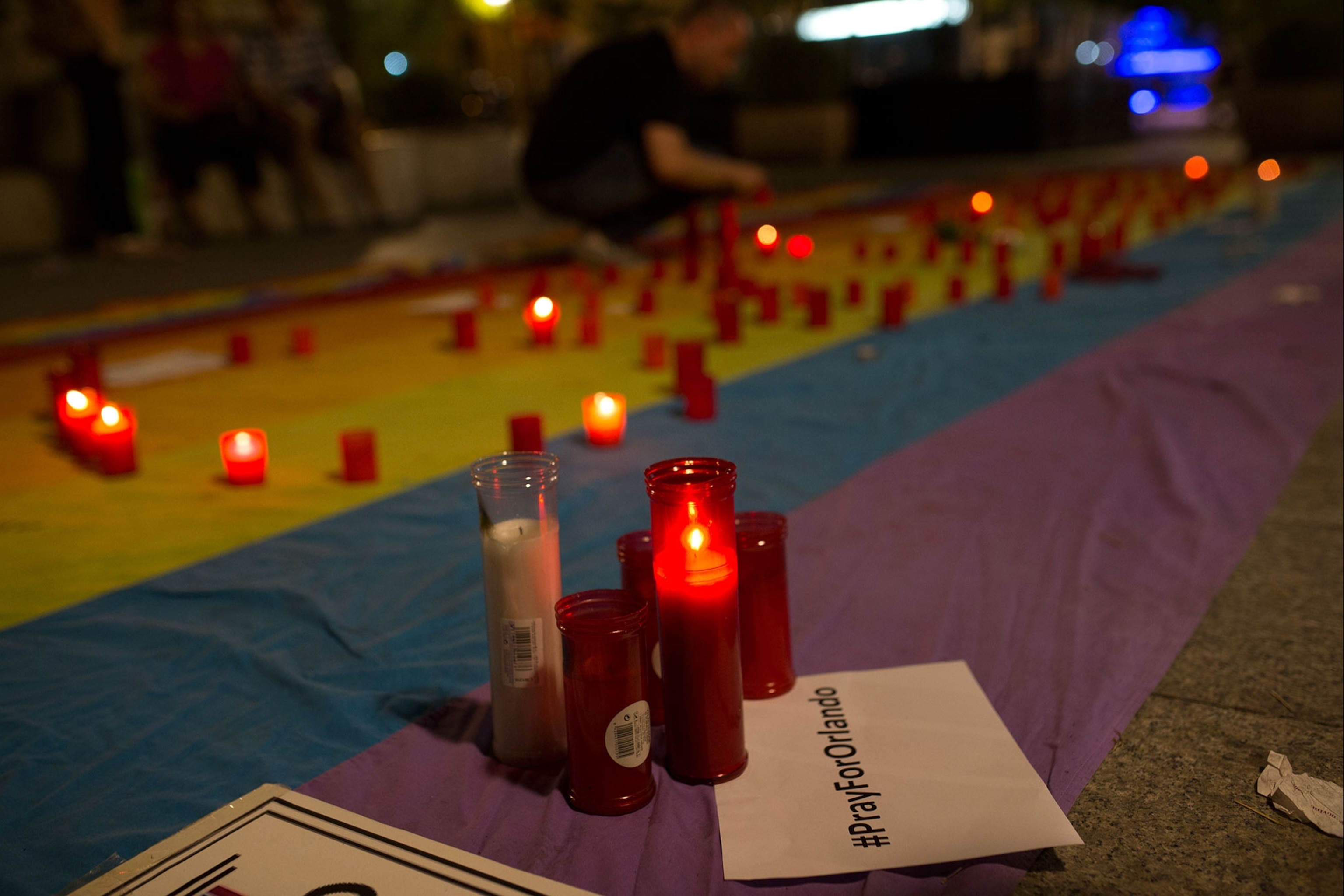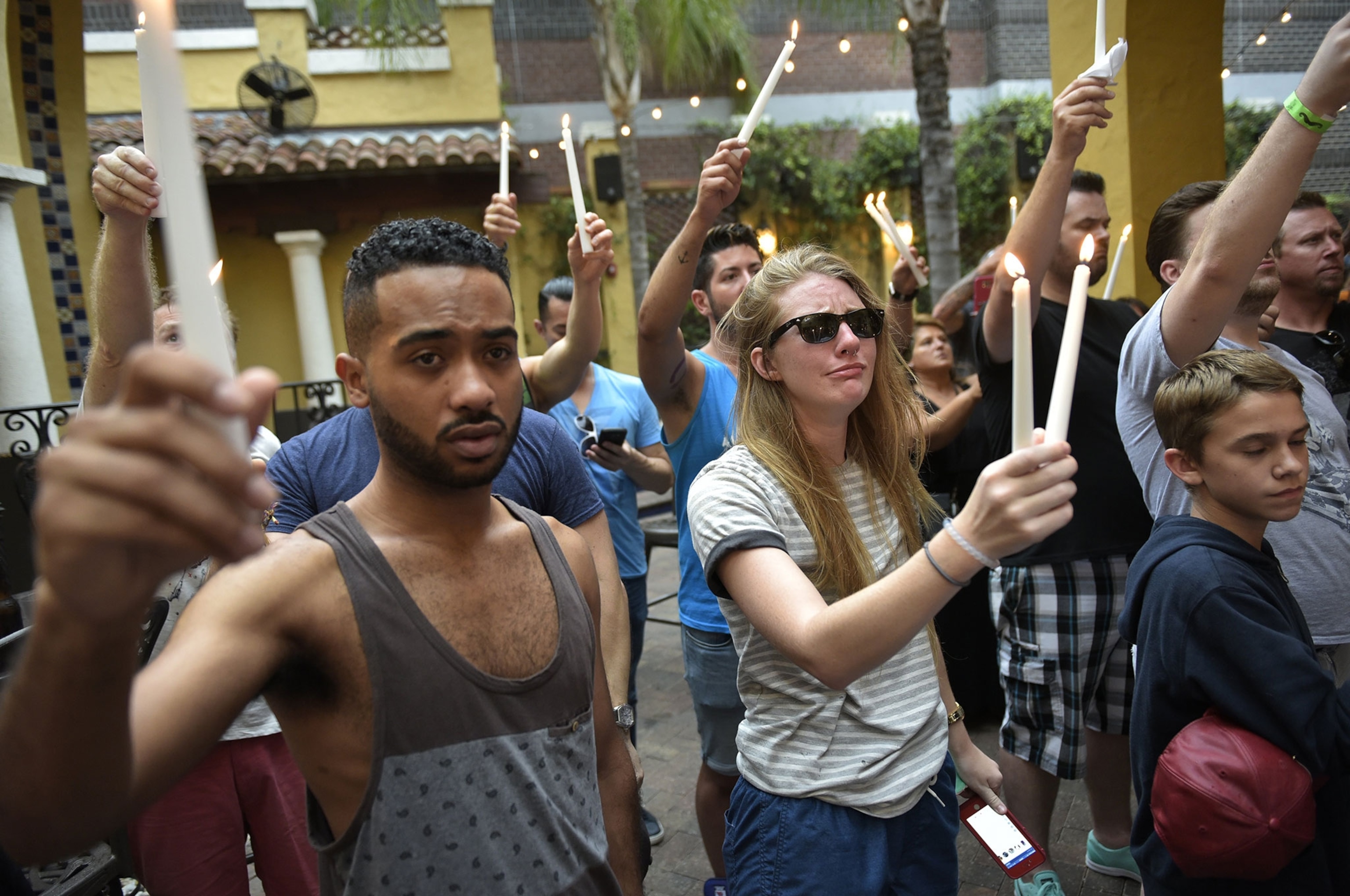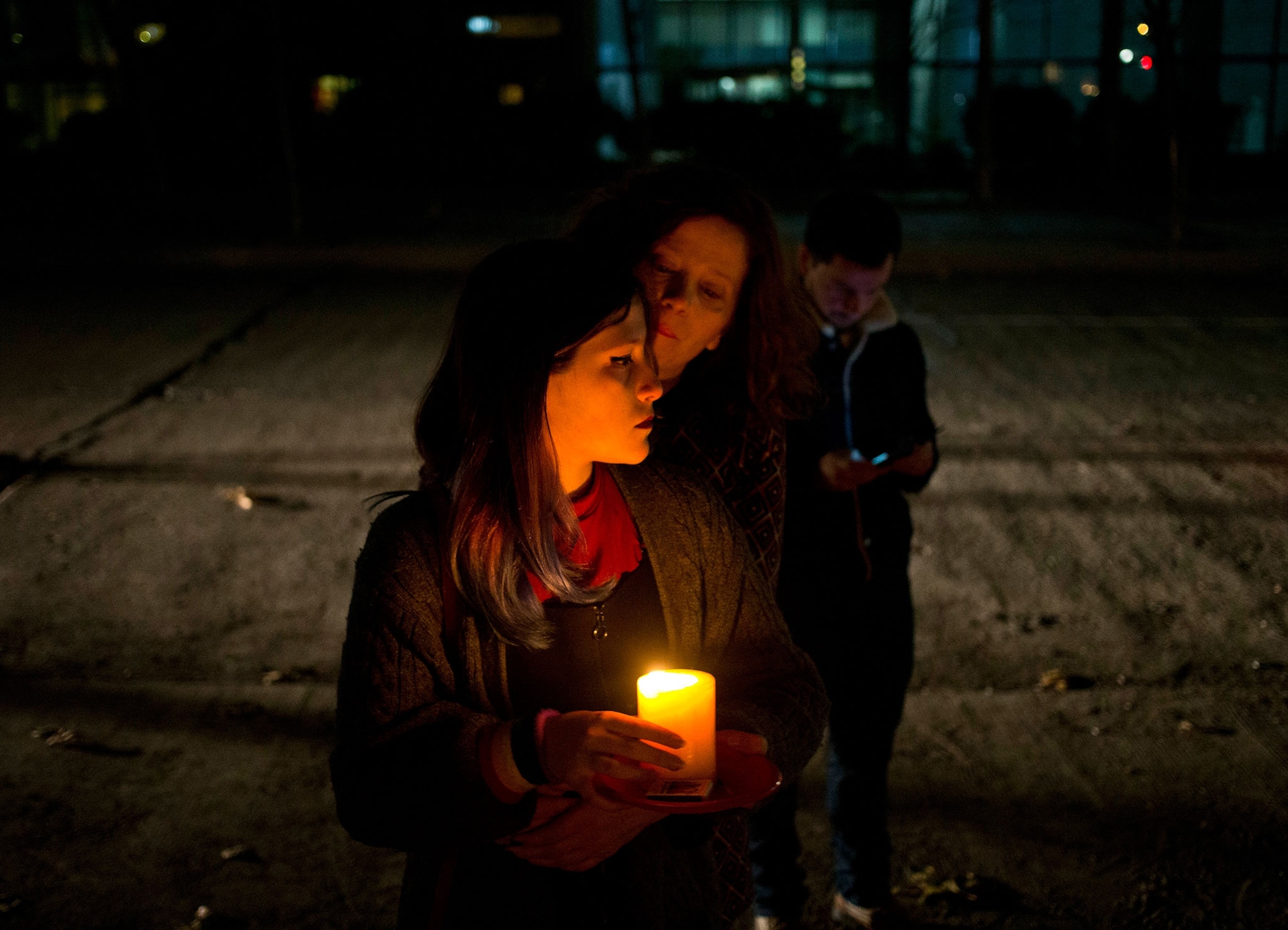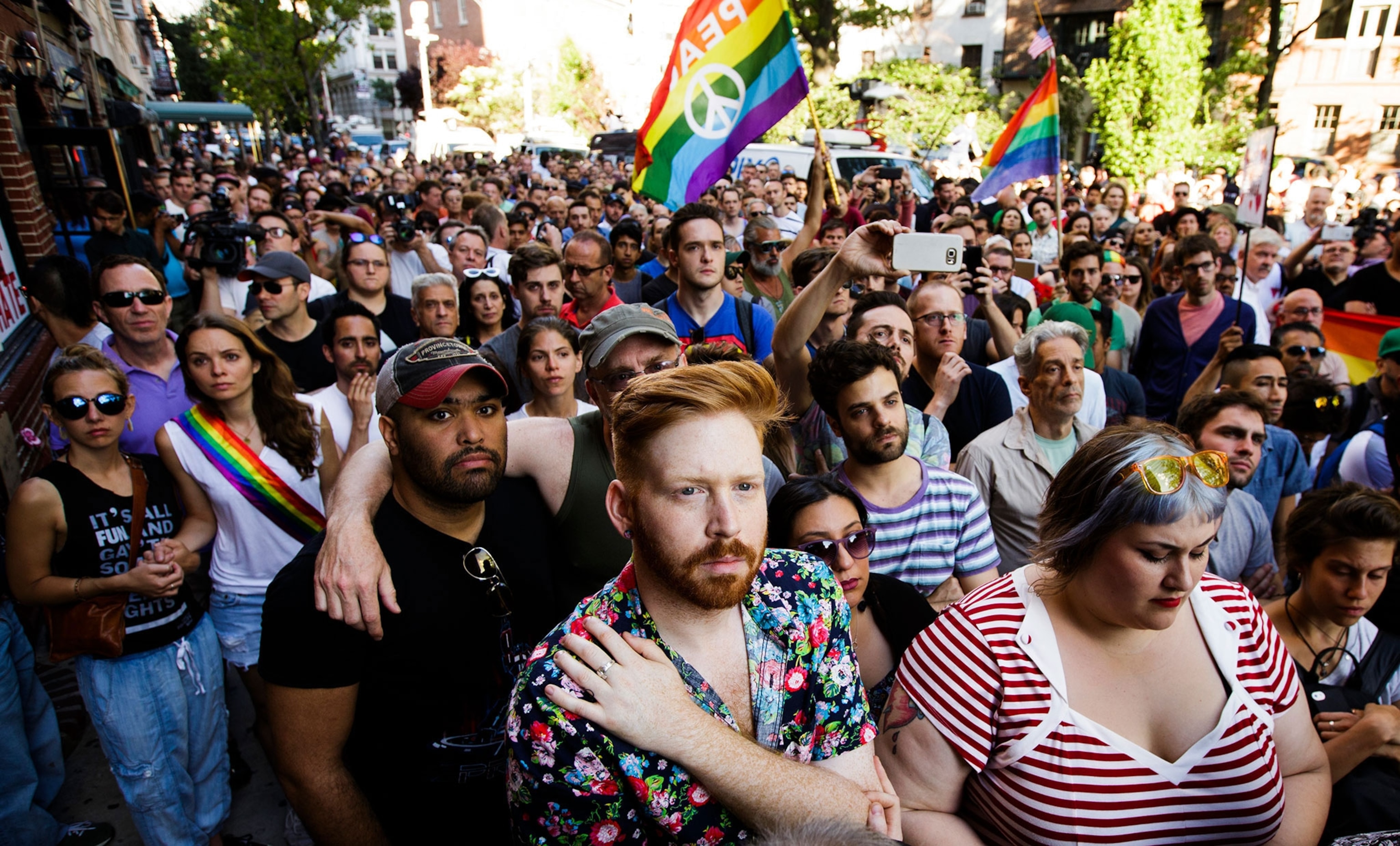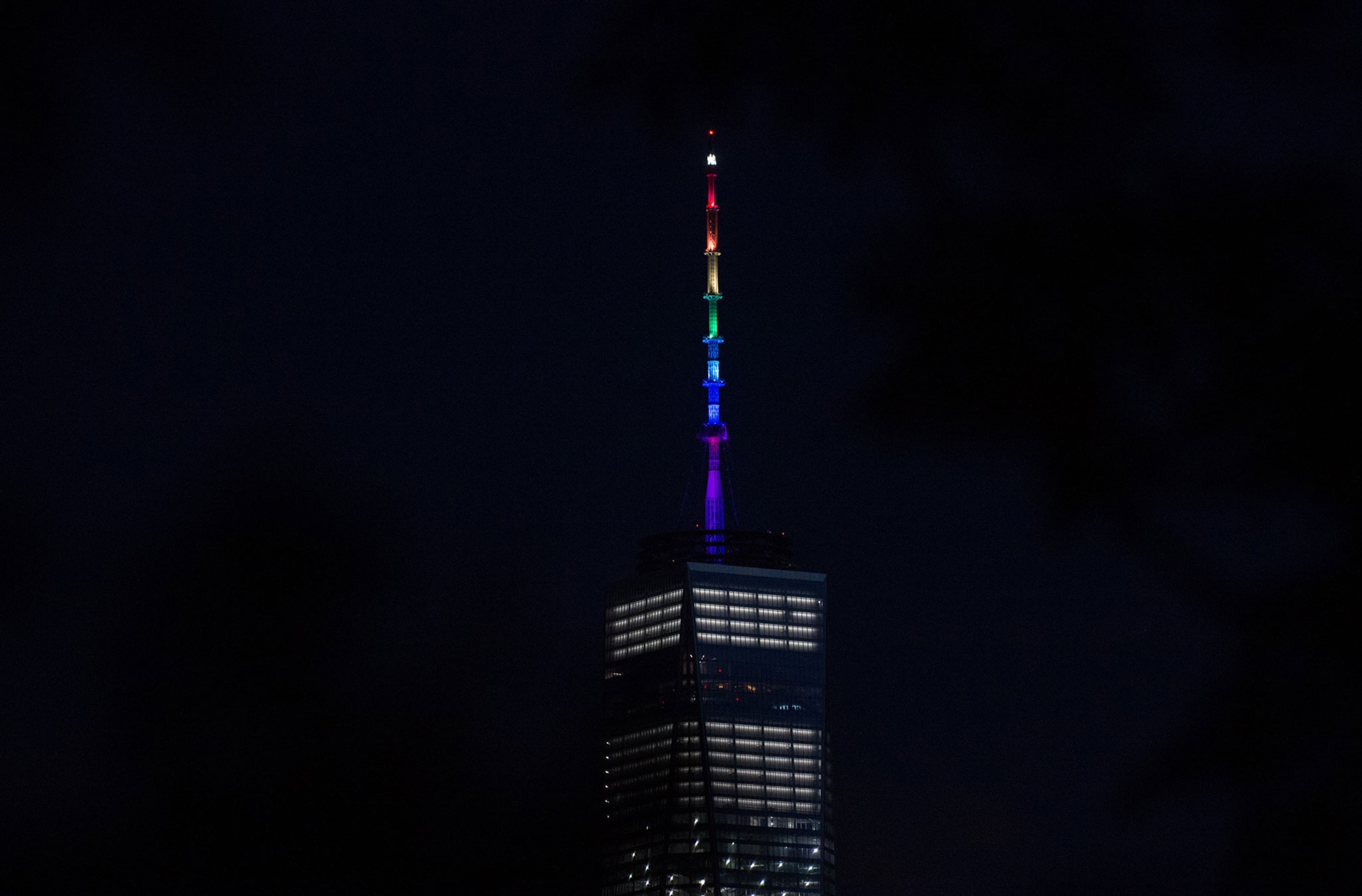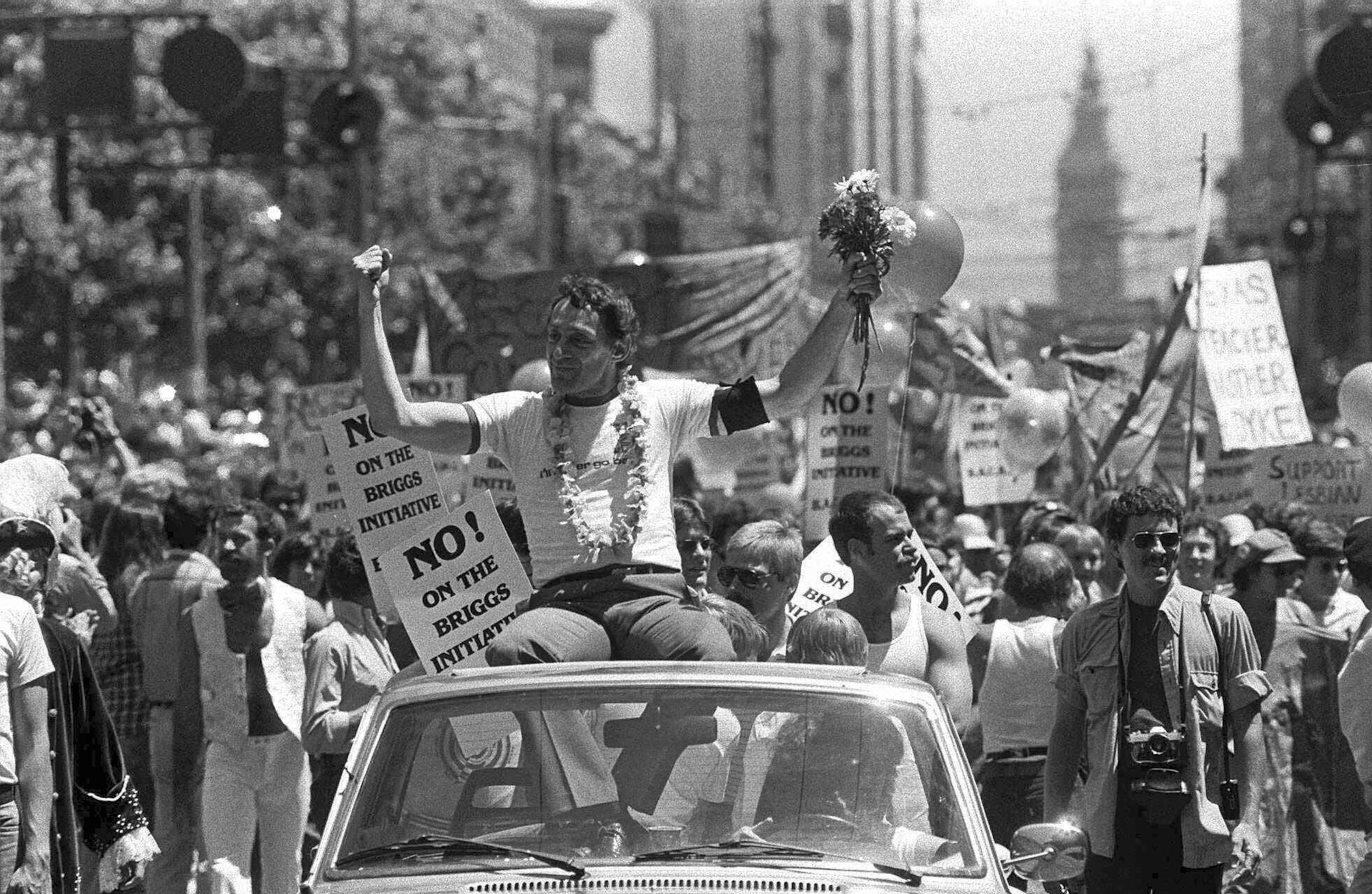
Before Orlando: A History of Modern Anti-LGBT Violence
The Orlando attack is the latest, and deadliest, in a long history of attacks against LGBT people around the world.
Updated June 13, 11 am.
Harvey Milk in 1978. Brandon Teena in 1993. Matthew Shepard in 1998.
The list of well-publicized murders of gay, lesbian, bisexual and transgender people now includes victims of the worst mass shooting in U.S. history, which saw 49 people gunned down this weekend at a gay nightclub in Orlando, Florida.
Though clearly widespread, and far from confined to recent decades, violent attacks rooted in gender or sexuality are difficult to quantify. “In most countries, the absence of effective systems for recording and reporting hate-motivated violence, or ‘hate crimes,’ against LGBT persons masks the true extent of violence,” noted a United Nations report last year. “Where they exist, official statistics tend to understate the number of incidents.”
More than 20 percent of U.S. hate crimes in 2014 (the most recent year available) targeted people because of sexual orientation or gender, according to FBI statistics cited by the activist group Human Rights Campaign. And while countless people have been the victims of individual attacks, large groups at nightclubs and other settings worldwide have also been subject to violence.

The motivations behind attacks against LGBT people “have always been, and continue to be, [about] seemingly religious rhetoric,” says says Kaila Story, a professor of women’s and gender studies at University of Louisville.
Associating the weekend shooting with a terrorist group, she says, makes it "seem as if this issue is not a part of the United States, and not a part of our American fabric, that it's some outsider that is doing this."
The gunman in Sunday’s Orlando attack, Omar Matteen, had pledged allegiance to ISIS, according to news reports.
Here’s a list of attacks against gay clubs and events—which Story says often lack adequate security—that earned global attention in recent decades:
Gay Pride Parade, Jerusalem, 2015: An ultra-Orthodox Jewish man stabbed six people, killing one, 10 years after attacking participants in the same parade in 2005.
Central Station, Moscow 2014: The Central Station, a large gay nightclub, was forced to close after a string of attacks, including being sprayed with bullets and gassed. It has since reopened in a new location that has bulletproof glass.
DIY Club, Yerevan, Armenia, 2012: The gay-friendly bar was firebombed and spray-painted with swastikas in the same month. “I continue to get threats saying they will burn, kill me and so on,” owner Armine Oganezova told the Institute for War & Peace Reporting at the time.
Backstreet Cafe, Roanoke, Virginia, 2000: A man opened fire at the bar, killing one man and wounding six others. The gunman told police he was on a mission to kill gay people.
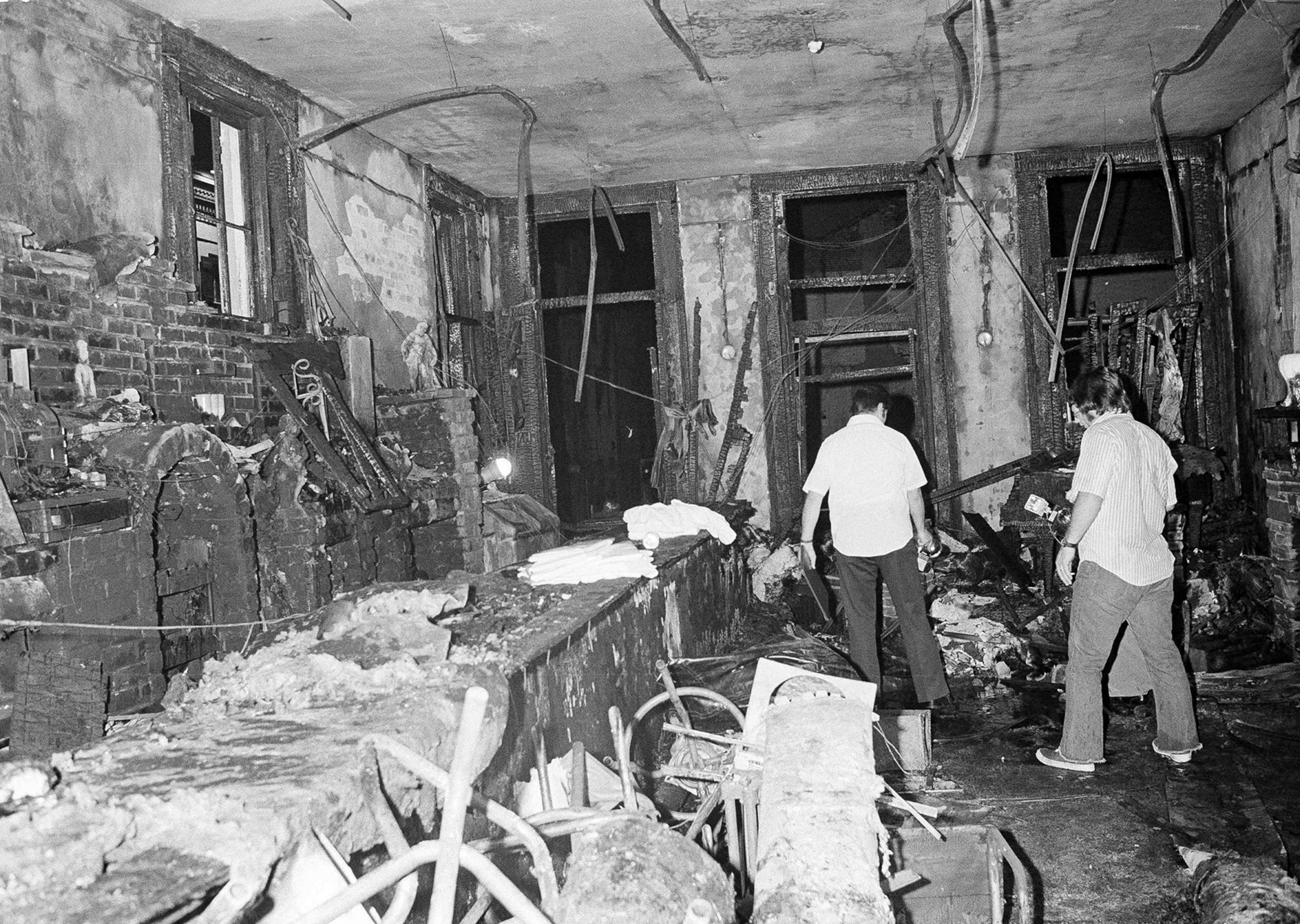
Otherside Lounge, Atlanta, 1997: The patio of the lesbian bar was hit by a nail bomb and five people were wounded. The bomber, Eric Rudolph, who pleaded guilty to the bombing of the 1996 Summer Olympics in Atlanta, said the attack “was meant to send a powerful message in protest of Washington's continued tolerance and support for the homosexual political agenda.”
UpStairs Lounge, New Orleans 1973: Thirty-two people died when a fire was intentionally set at the nightclub. While a patron who had been thrown out was one of the suspects, the crime was never solved and the tragedy was met by marked silence from politicians and even jokes on the radio, as well as a refusal by many churches to hold a memorial.
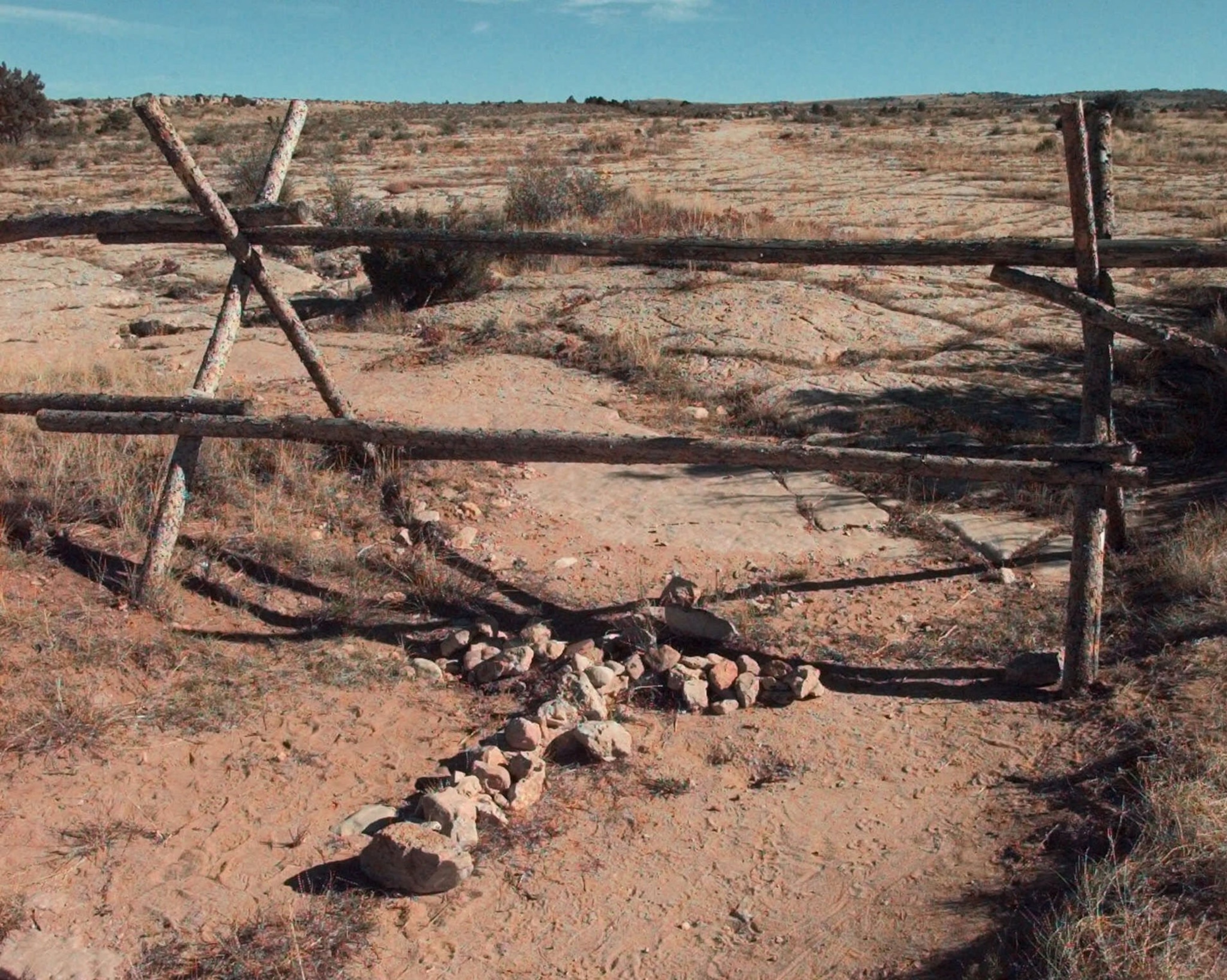
“Attacks of this nature do not require ‘radicalism,’” says Jason Marsden, executive director of the Matthew Shepard Foundation. “Anti-LGBTQ+ hatred is simply too ingrained in our country and around the world to be explained away as an exception.”
Though the Matthew Shepard and James Byrd, Jr., Hate Crimes Prevention Act of 2009 expanded federal hate crimes law to include targeting gender or sexuality, state-level laws vary widely and don’t exist at all in some states, according to the foundation.
Story says she hopes the Orlando tragedy will start a conversation about “the ways we can respond next,” and spark an awareness that “this incident is deeply tied to a larger history of these things happening."
This story has been updated to reflect a revised death toll for the shooting in Orlando. Original reports said 50 people died. Authorities now say it was 49.
